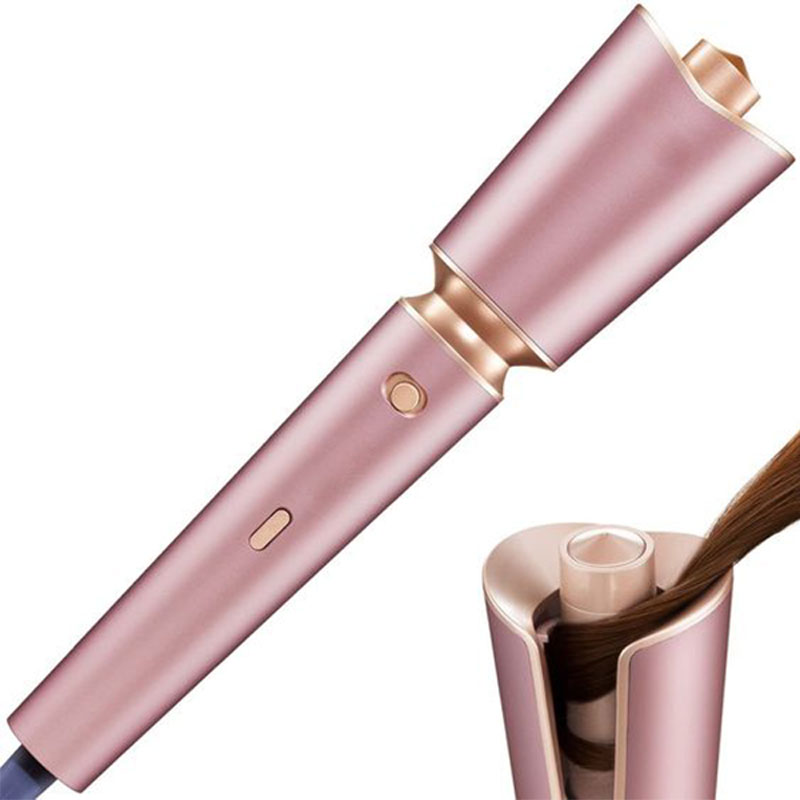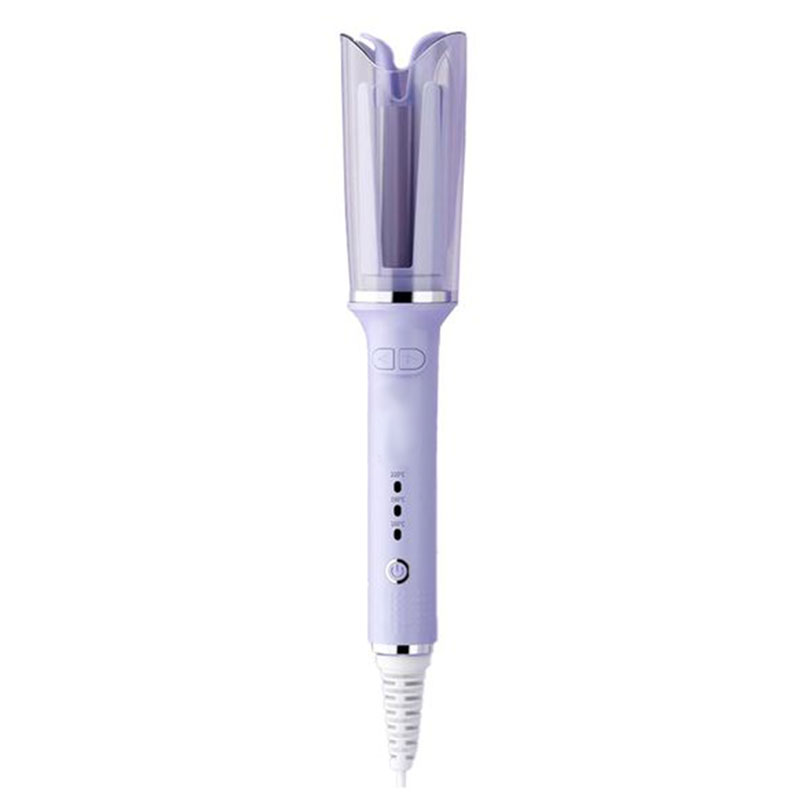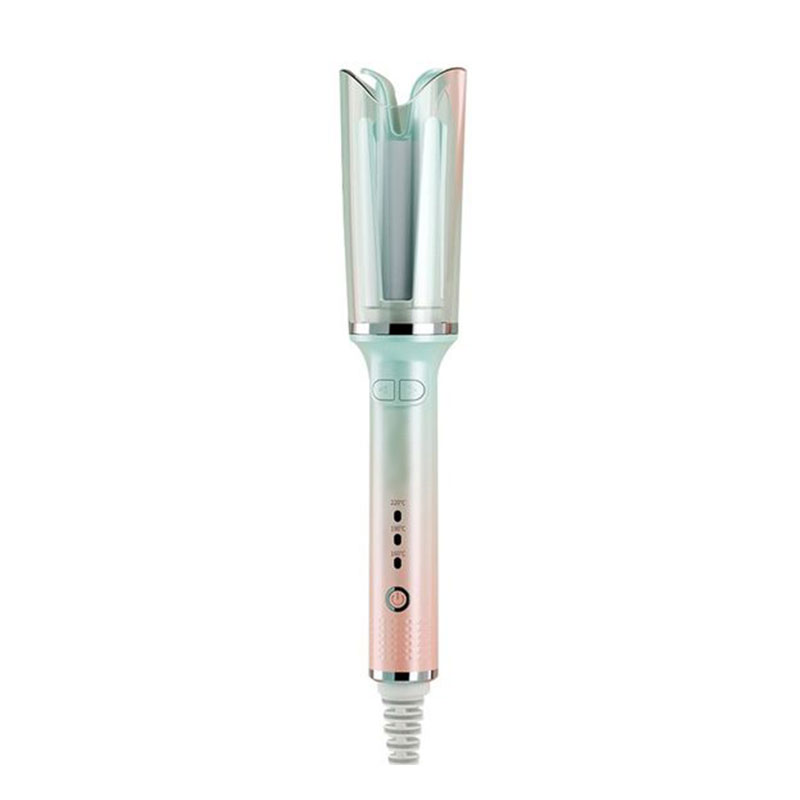Introduction:Negative ion steam curling irons have become a hit in the hair styling tool market in recent years. However, their hair care effects are directly related to the precision of the injection molding process of the molds. As an injection mold factory, we will dissect the 5 core processes from the technical foundation and reveal the correlation logic from mold design to the hair care performance of the finished product.
Core Process: The diameter of the steam release holes needs to be controlled within the range of 0.02 - 0.05mm, and they are evenly distributed through micro - hole injection molding technology.
Hair Care Correlation:
Uniform Steam Release: Insufficient aperture precision will lead to uneven steam distribution, causing local overheating and damaging the hair cuticles.
Anti - clogging Design: A conical runner + gradient aperture structure is adopted to reduce scale residue (such as the 24 - hole steam system design of Tescom curling irons).

Core Process: Two - component injection molding of hard plastic (PC/ABS) and soft plastic (TPE), combined with in - mold compression technology.
Hair Care Correlation:
Anti - scald Design: The heat insulation of the soft - plastic grip is increased by 60%, preventing high - temperature conduction to the hands (such as the ceramic - coated grip of VS Sassoon curling irons).
Anti - aging: Nano - level coating technology doubles the mold life and reduces flash at the mold joint caused by mold wear.
Data: The cost of two - color injection molding is reduced by 18%, while the user repeat - purchase rate is increased by 45%.
Core Process: 9 - 12 negative ion emission points need to be evenly embedded on the curved surface of the splint, using PPS + glass fiber - reinforced materials.
Hair Care Correlation:
Optimized Electric Field Distribution: The error in the spacing between emission points is ≤0.1mm, ensuring that the negative ion coverage rate reaches 95% (referring to the 9 - point uniform distribution design of Tescom).
Anti - Electrostatic Interference: A copper alloy conductive path is embedded in the mold to avoid interference with ion release caused by the insulation of plastics.
Pain Point: In a competing product, the offset of the emission points led to a 50% attenuation of the negative ion concentration, casting doubt on its hair care effect.

Core Process: Zoned temperature control (60 - 80°C in the mold cavity vs 120 - 150°C in the mold core) + dynamic cooling technology.
Hair Care Correlation:
Reducing Heat Damage: Precise temperature control keeps the temperature difference on the surface of the ceramic coating ≤3°C, avoiding local overheating (such as the four - level temperature control logic of VS Sassoon curling irons).
Energy - saving and Efficiency - enhancing: After the mold temperature fluctuation is reduced, energy consumption is reduced by 22%, and product consistency is improved.
Experimental Data: A 5°C deviation in mold temperature increases the hair keratin damage rate by 17%.
Core Process: The water tank interface adopts a double - seal structure of an "O - shaped groove + ultrasonic welding".
Hair Care Correlation:
Steam Leakage Rate ≤0.1ml/min: The mold tolerance needs to be controlled within ±0.01mm (such as the rubber - press - type water tank design of Tescom).
Fatigue Resistance Test: After simulating 100,000 openings and closings, the deformation of the sealing ring is<0.05mm.>
User Pain Point: Water leakage problems account for 35% of after - sales complaints, directly damaging the brand reputation.

From mold precision to hair care effects, it is essentially a deep integration of engineering technology and user needs. In the future, breakthroughs in injection molding processes will drive the upgrade of hair styling tools from "functional" to "hair - nourishing".
